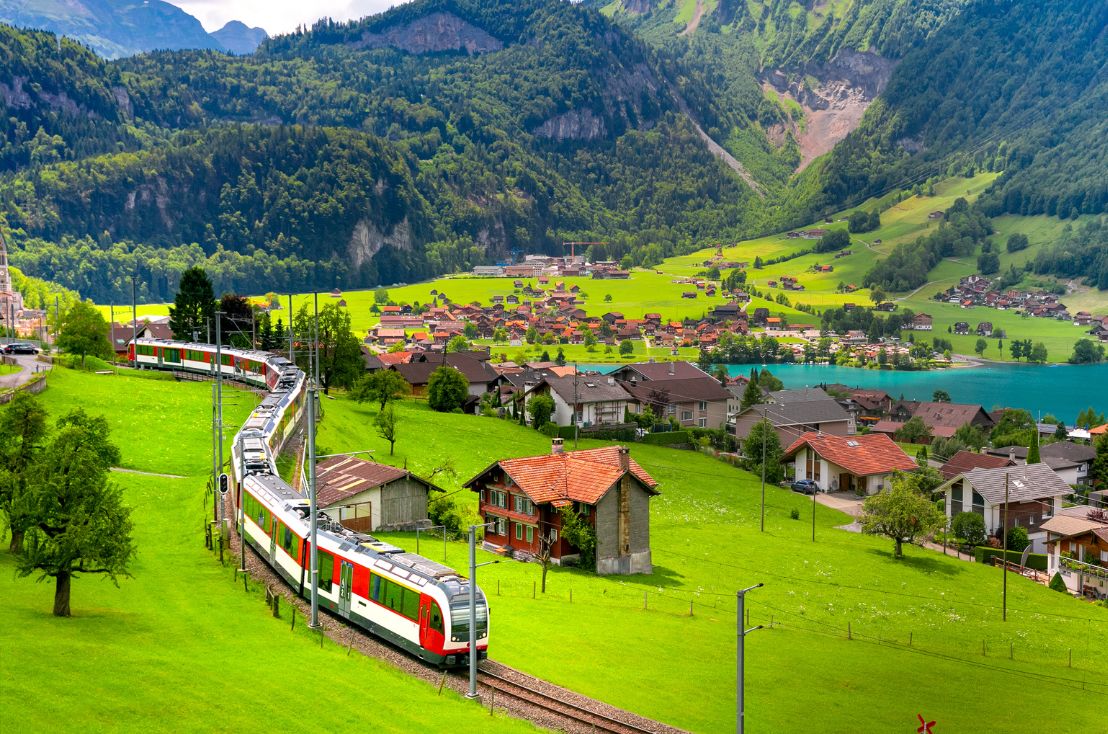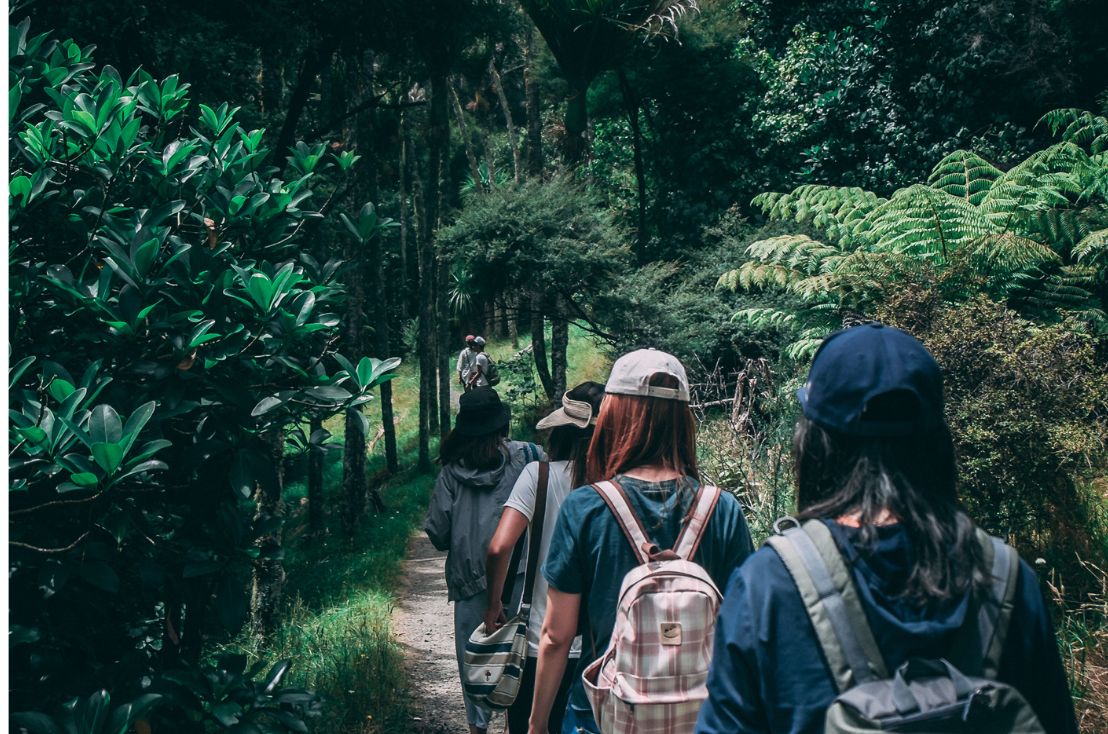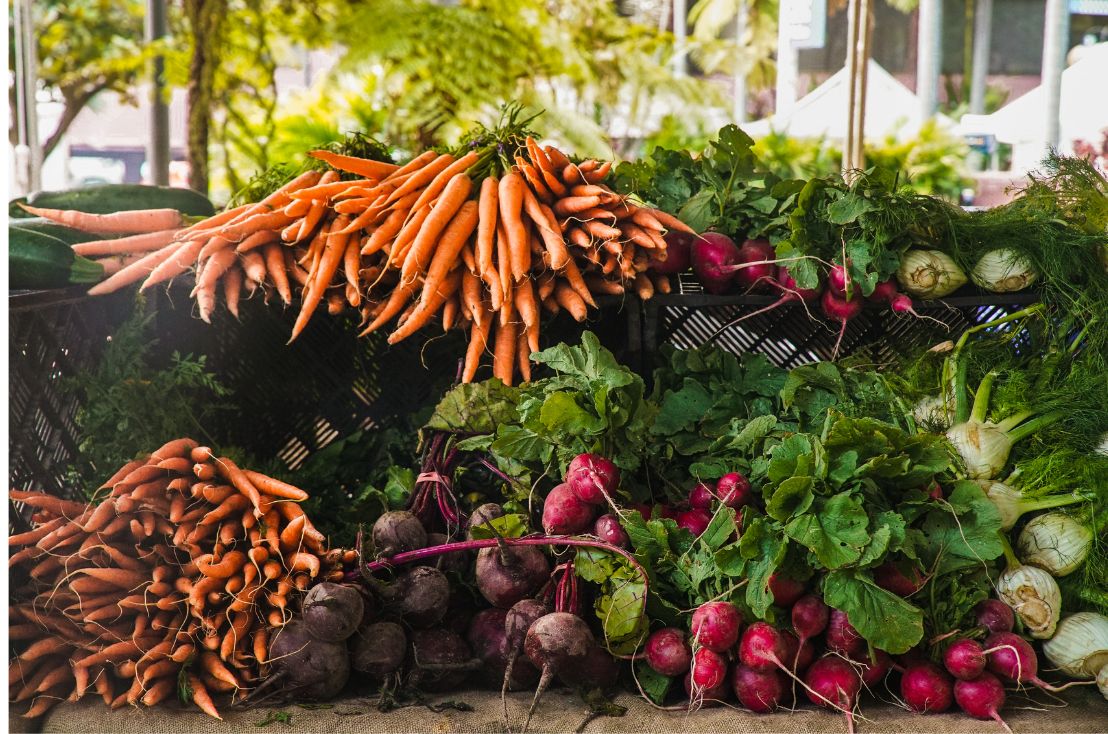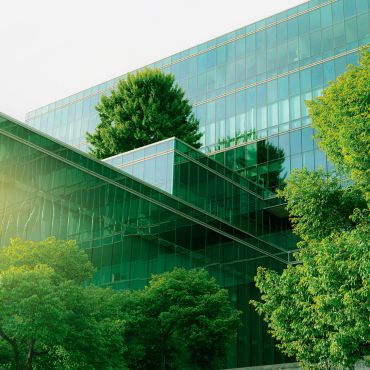It’s safe to say that climate change and carbon emissions are globally recognized targets for reducing negative environmental impacts. However, there are much wider areas of focus that also blend into sustainability, including wellness, DE&I, humanitarian work and, not least, the leveraging of localized products and services.
The power of local culture in sustainable event planning
Every region in the world is at different maturities on the topic of sustainability. Each has their own priorities and interpretations of sustainability that are influenced by a multitude of social, economic and environmental factors. These differences lead to the need for the meetings and events industry to take a more holistic approach to sustainable event planning – one that considers regional nuances and that includes a great emphasis on local culture.
In Europe, organizations benefit from a well-developed and efficient train network that provides delegates with a convenient and eco-friendly travel option. This aligns with the region’s range of eco-conscious venue choices, which features a growing number of green-certified spaces that are equipped with renewable energy sources and waste management systems. By capitalizing on Europe’s unique transport and infrastructure advantages, event planners can offer attendees a comfortable, eco-conscious travel experience whilst also setting an inspiring example for the global industry.
In Latin America, where the conversations aren’t quite as advanced as in Europe, the focus on sustainable impact shifts internally toward the local culture and educating suppliers. As a global agency, BCD Meetings & Events shares best practices that are being delivered across other parts of the world. We’ve seen our clients’ curiosity grow over recent years, as they follow and implement more of these green initiatives. They also indicate interest in participating in events that can help the community. For example, the APAC bakery was created in 1990 as a result of a training workshop where young people with disabilities could work, giving them the opportunity for inclusion, participation and equal treatment. In the APAC initiative, clients help support those with cerebral palsy by buying their bakery products for their events and engaging in activities with them that involve our team.
When incorporating local culture into sustainability efforts, wellbeing is a key element that can be leveraged for further impact. For example, you can design meditation moments inspired by local relaxation techniques, incorporate walking breaks through culturally significant areas, and offer healthy, local food options that celebrate traditional cuisine. By integrating authentic cultural practices and experiences into an event, planners can enhance attendee productivity, creativity and overall engagement, whilst also nurturing a sense of purpose and connection with the local community.
Every culture has something different to offer and it’s evident that each region is on its own unique path, with its own opportunities and challenges in achieving sustainability goals. Amidst this diversity, BCD M&E continues to assist clients by unraveling the complexities of sustainability and by empowering events that not only align with clients’ own perspectives and priorities, but that celebrate and integrate local cultures in a powerful expression of environmental consciousness.
Looking for more insights when it comes to Global Meeting & Event Sustainability? Discover our approach to sustainability.






